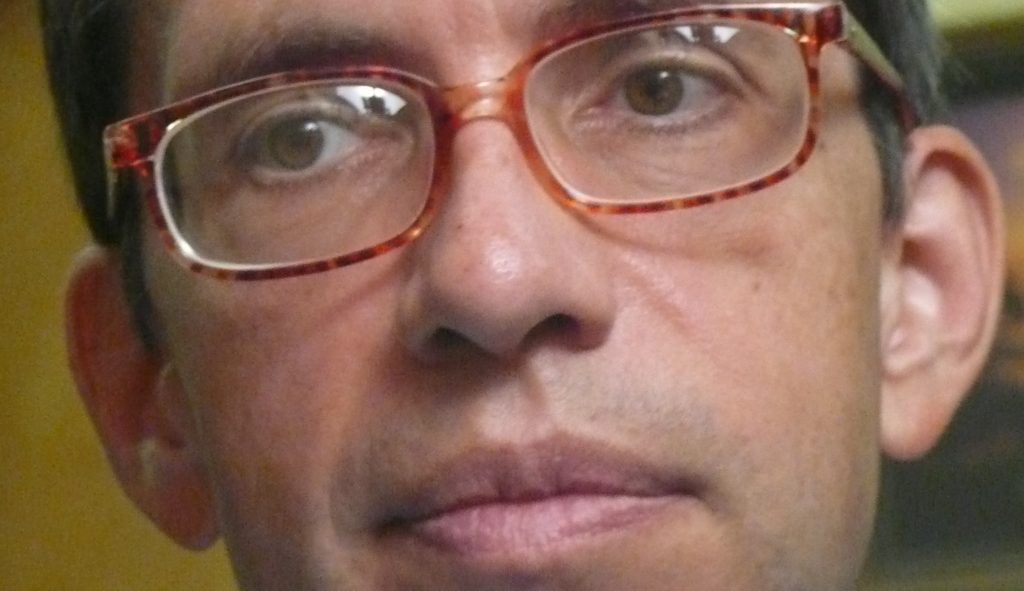On 7 July 1989, the Human Rights Court handed down a unanimous judgment that would make history.
In the case of Soering v UK, the Human Rights Court found that the extradition of a young German national to the United States to face charges of capital murder, and possibly the death penalty, violated Article 3 of the Human Rights Convention, as it would have exposed him to a real risk of inhuman or degrading treatment.
What exactly were the facts, and why is the case so important?
From first love to life sentences
 Image Credit: Priscilla Du Preez / Unsplash
Image Credit: Priscilla Du Preez / Unsplash
It all began with a college romance. He, Jens Soering, was the academically gifted son of a German diplomat. She, Elizabeth Roxanne Haysom, was the beautiful daughter of a wealthy American couple. They met in August 1984 at a program for high-achieving students at the University of Virginia and fell in love. Then, in late March 1985, they brutally murdered Elizabeth’s parents. At least, that’s what the prosecution maintained.
The Haysoms were found dead in their house on the outskirts of Lynchburg, Virginia, on 30th March 1985. They had been slashed with a knife and left in a pool of blood. The case became a media sensation. For the first few months, the police explored a variety of theories, including the possibility of a cult slaying. But when Elizabeth and Jens abruptly fled to Europe, the investigation zoomed in on them.
The young couple had been in Washington on the weekend of the murders. They had movie tickets and hotel receipts to prove it. However, their rented car had much more mileage than could be explained. The prosecution argued that, during that weekend trip, one of them had gone to kill the Haysoms while the other stayed behind to establish an alibi, buying tickets for the movies and ordering room service for two. But which one of them was the murderer?
When Haysom and Soering were arrested in London in April 1986, they both confessed. They then both changed their plea to say they didn’t do it. In the end, Haysom maintained that Soering did it; Soering claimed that Haysom was the murderer, and that he had only ‘confessed’ to protect his beloved (he was convinced, he explained, that he would have been kept safe by his father’s diplomatic immunity).
The prosecutors went with Haysom’s version: Soering was to be prosecuted for capital murder, Haysom for being his instigator. The United States government requested that the UK extradite the couple, under the terms of the Extradition Treaty of 1972, to face trial in Virginia. Haysom was extradited, pleaded guilty as an accessory to murder, and was sentenced to 90 years’ imprisonment.
Fighting for his life
 Image Credit: Bells16/Wikimedia
Image Credit: Bells16/Wikimedia
Soering, however, did not go easily. When he found out that he was not, in fact, covered by his father’s immunity, he began to fight for his life. For he knew that, if he were extradited to the US and found guilty, it was possible that he would be sentenced to death.
For months, Soering worked through files to build a case against his extradition to the US on the grounds that the method of execution was inhumane. In the US, people sentenced to death are often held for many years on death row (i.e. in a prison block for people who have been given the death penalty). He argued that, even though extradition to a country with the death penalty might not in itself represent a breach of human rights, the conditions on death row in Virginia amounted to inhuman and degrading treatment.
UK courts rejected his claims the Extradition Act did not authorise extradition for a capital charge. However, Soering brought his case before the Human Rights Court, alleging breaches of the Human Rights Convention: Article 3 (freedom from inhuman and degrading treatment and punishment), Article 6 (the right to a fair trial) and Article 13 (the right to an effective remedy). Article 2 of the Convention protects the right to life, however, Article 2(1) permits the use of the death penalty. So Soering focused on the argument that extraditing him to a place where he might be subjected to the death penalty breached Article 3.
A landmark judgment

Image Credit: Thryn / Flickr
The judges of the Human Rights Court accepted that exposing Soering to the risk of suffering “the death row phenomenon” was a violation of his rights under Article 3 of the Human Rights Convention. When reaching this decision they bore in mind:
- The length of detention prior to execution,
- Conditions on death row and the “mounting anguish of awaiting execution of the death penalty”,
- Soering’s age and mental condition, and
- The fact that he could, instead, be extradited to Germany.
The case was significant because it set down the principle that a person can’t be removed to a country where they face a real risk of torture or inhuman and degrading treatment. By expelling someone to a state in which they faced a ‘real risk’ of a breach of a Convention right, the UK would be acting unlawfully. The Soering decision effectively established a protection against extradition or expulsion in Article 3 cases. The decision means that, in order to extradite suspects to the US and other countries which impose capital punishment, the sending State may need to obtain assurances that the death penalty won’t be carried out.
Epilogue
In case you’re wondering what actually became of Soering and Haysom, the state of Virginia agreed not to pursue the death penalty for Soering and he was then extradited to the US. At the end of his trial, which was one of the first ever to be broadcast live on TV, Soering was convicted of murder and sentenced to two consecutive life terms. He has now spent three decades in seven American prisons, including two “Supermax” facilities, where he still maintains his innocence. He has been fighting, so far without success, for the right to be repatriated to Germany.
Elizabeth Haysom is still serving her sentence at the Fluvanna Correctional Center for Women. Their story formed the basis of The Promise, an award-winning documentary, which was broadcast in the UK as Killing for Love.
Want to know more?
- Check out our infographic poster on freedom from torture and inhuman and degrading treatment.
- Learn about how human rights law prevent and remedy torture and about why the UN Convention against torture is so important.
- Learn more about how the ‘death row phenomenon’ may amount to torture or inhuman and degrading treatment.







